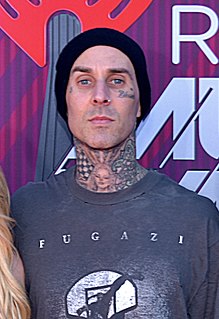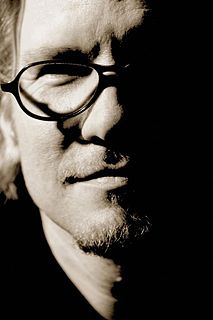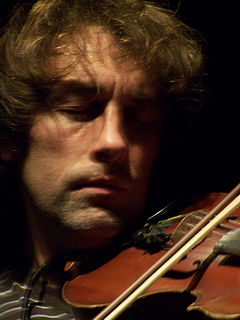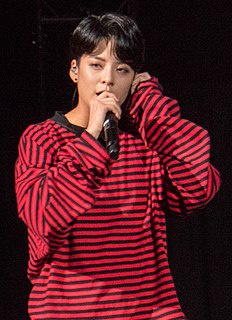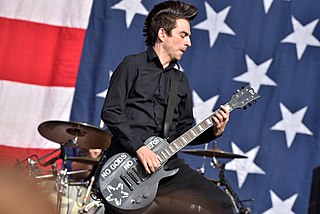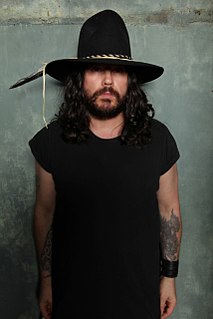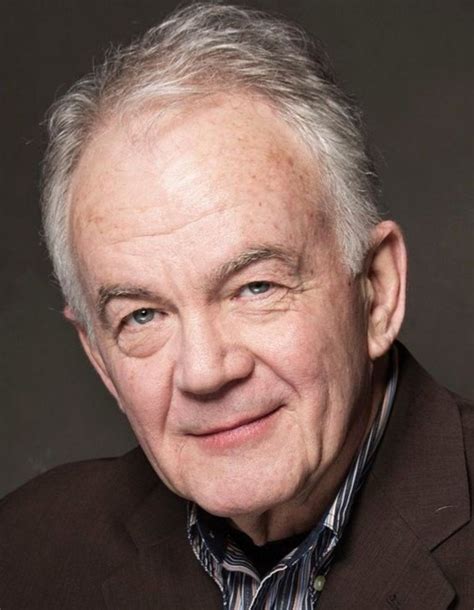A Quote by Moby
When I was very young, I played in a punk-rock band, but I also studied music theory and classical music.
Related Quotes
When I was nine years old, I started playing guitar, and I took classical guitar lessons and studied music theory. And played jazz for a while. And then when I was around fourteen years old, I discovered punk rock. And so I then tried to unlearn everything I had learned in classical music and jazz so I could play in punk rock bands.
The music industry went through such a strange stretch in 1977, especially in this country, with the whole punk rock thing coming about. Punk was rebellious-and justified in that response-but it had very little to do with music, and so it created a highly-charged but frighteningly floundering atmosphere that I found very, very disheartening. Musical quality for me has always been an important part of rock'n'roll-and winning recognition for that has long been an uphill battle all the way. Punk seemed like rock'n'roll utterly without the music.
I started piano lessons at age six but didn't take music seriously until I was a teenager, when I thought about a career in music. I studied classical music, and my instruments were guitar and piano. I played keyboards in bands, and after high school I went to Vienna to study at the Academy of Music. I also became a session player, which culminated in my work with Tangerine Dream.
When I'm representing my music live I think of it very much in a rock band sense. When I first started doing festivals in the 90s there really weren't other DJs playing the stages I was playing. So I felt I was being afforded an opportunity to kind of make a statement about what DJ music can be live. In the 90s, if you were a DJ you were in the dance tent, and you were playing house music and techno music. There was no such thing as a DJ - a solo DJ - on a stage, after a rock band and before another rock band: that just didn't happen.

